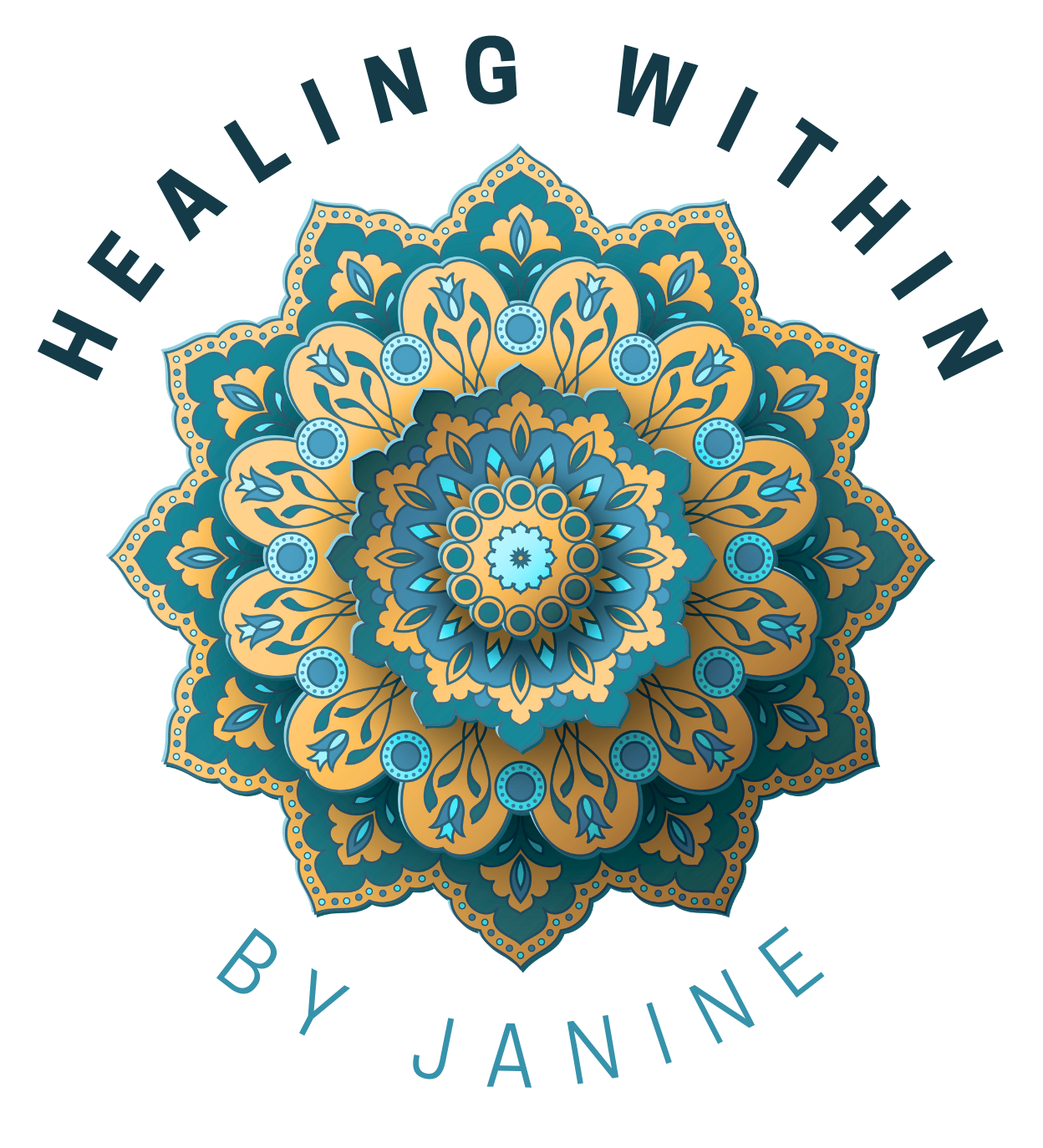Page Not Found
Uh oh, we can't seem to find the page you're looking for.
Try going back to the previous page, or waiting a few minutes before trying again.
If the problem persists, contact [email protected] for more information.
© 2025 Healing Within by Janine

